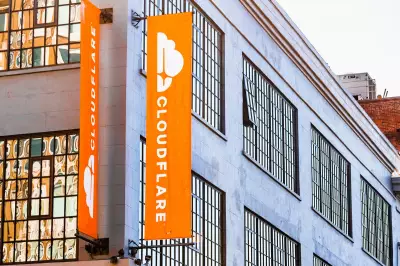
In a move that sends shockwaves through the British media industry, publishing giant Reach PLC has unveiled a radical restructuring plan that will see artificial intelligence replace hundreds of human jobs. The publisher of iconic national titles like the Daily Mirror and Daily Express, as well as a vast network of local newspapers, is prioritising automation in a bid to slash costs.
The human cost of this technological shift is stark: up to 800 roles, approximately 12% of its total workforce, are now at risk of redundancy. This decision is a direct response to a prolonged and severe downturn in the digital advertising market, which has squeezed revenues and forced the company's hand.
A New AI-Powered Newsroom
Reach's strategy hinges on a increased reliance on AI technology. The company plans to harness generative AI to assist in content creation for its online platforms. This includes everything from drafting initial article templates to optimising headlines for search engines and social media reach.
Chief Executive Jim Mullen framed the decision as a necessary evolution for survival, stating the move will 'create a more efficient and streamlined organisation'. The goal is to protect the group's financial resilience and ensure the sustainability of its vast portfolio of news brands in an increasingly challenging market.
Industry Backlash and Ethical Concerns
The announcement has been met with immediate condemnation and deep concern. The National Union of Journalists (NUJ) has vowed to challenge the plans vigorously, arguing that replacing experienced journalists with algorithms will irrevocably damage the quality, integrity, and trustworthiness of news.
Critics fear this represents a tipping point, where the pursuit of profit and efficiency fundamentally undermines the craft of journalism. The core concerns revolve around the AI's inability to conduct nuanced investigations, build trusted sources, hold power to account, or understand the subtle complexities of local communities it would purportedly serve.
This bold and controversial step by Reach PLC is being watched closely across the media landscape, potentially setting a precedent for other news organisations grappling with the same economic pressures and technological 'solutions'.





